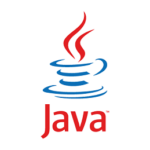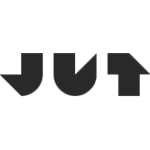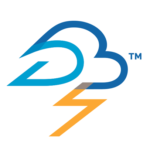This blog describes working with InfluxDB 0.8. InfluxDB 0.8 is no longer supported, and has been superseded by the 1.0 release.
 I recently came across InfluxDB — it’s a time-series database built on LevelDB. It’s designed to support horizontal as well as vertical scaling and, best of all, it’s not written in Java — it’s written in Go. I was intrigued to say the least.
I recently came across InfluxDB — it’s a time-series database built on LevelDB. It’s designed to support horizontal as well as vertical scaling and, best of all, it’s not written in Java — it’s written in Go. I was intrigued to say the least.

 In
In  After 2 years at
After 2 years at 

